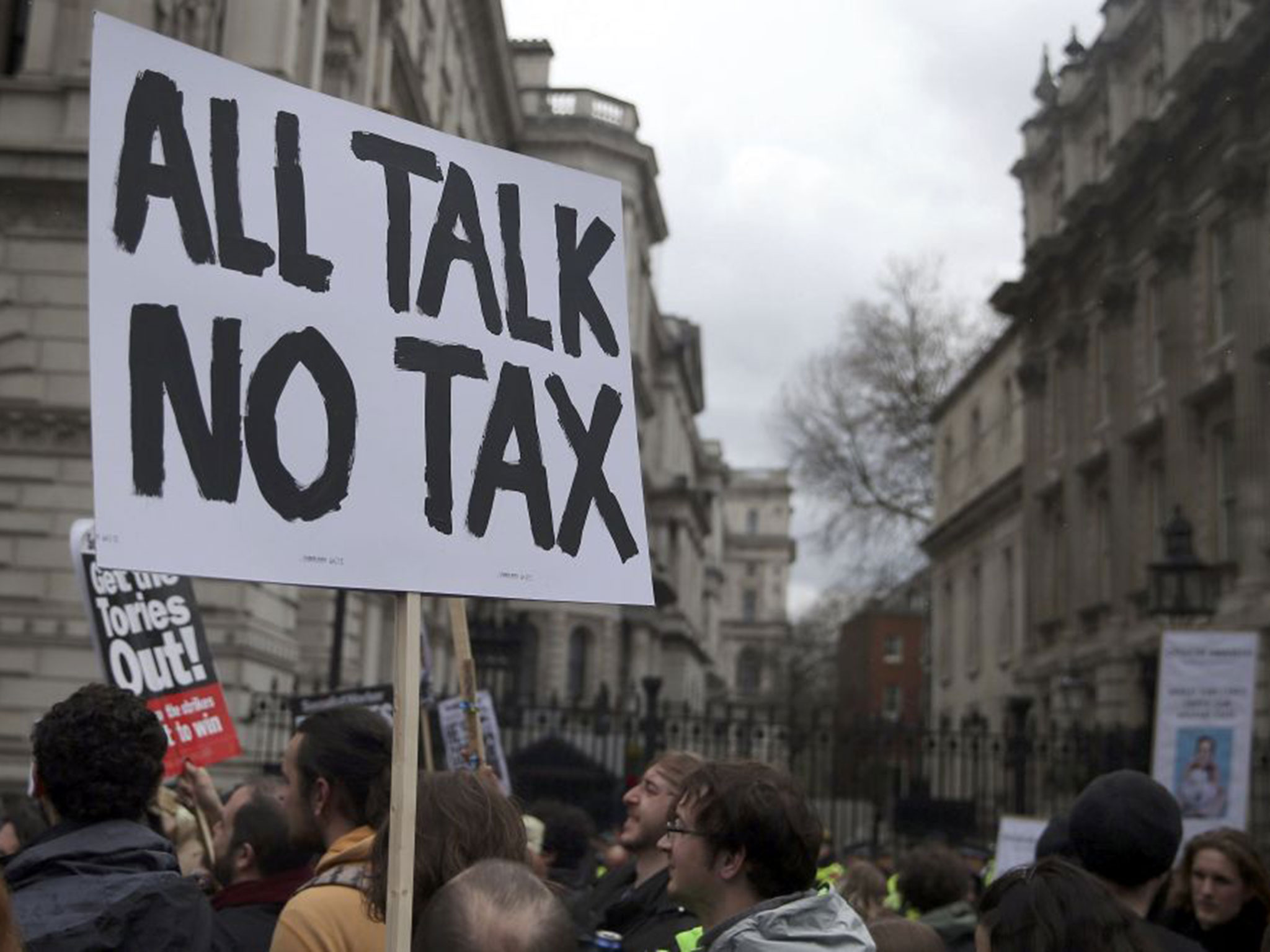
by Vít Novotný
The 2010s are becoming a decade of geopolitical paradoxes, even tectonic shifts. Donald Trump’s electoral victory may create a new and outrageous alliance between the US and Russia at the expense of the EU. And Trump may take the US out of the global agreements that Obama government promoted to make banks more resilient to storms on financial markets.
In the UK, Scottish nationalism that two decades ago could not boast even a weak Scottish assembly, has by mid-2010s contributed to the rise of English nationalism. It was the latter force that ripped the UK out of the EU through the 2016 independence referendum.
It seems that leaving the EU will not satisfy the mighty centrifugal momentum that is pushing the UK polity away from the continent. The possibility that the UK would stay in the single market is no longer there. Theresa May’s historic speech on 17January 2017 made it clear that the UK would be leaving the single European market, the joint product of British free market ideas and French and German efforts for the unification of (West) European economies. All that as a price for the ability to stop the free movement of people.
The Brits are leaving the single market, but all of us will suffer the consequences, economically speaking. It’s a lose-lose situation for everyone, from whichever angle you look at it. A reintroduction of tariffs for trade between the E-27 and the UK is almost inevitable. Tariffs will lead to a decrease in trade. This will leave the average European and UK citizen a little poorer.
The paradox of paradoxes is that if they want to trade with the EU, the Brits will not only pay tariffs on EU goods (the same will of course also apply to UK goods in the EU) but will also have to abide by EU industrial standards.
The despised EU-wide regulations in fact allow British firms to trade on equal terms with European companies and maintain supply chains across the continent. Leaving the single market will entail delays on the border, not least due to technical, health and safety inspections of goods, unless enlightened negotiators on both sides agree mutual recognition clauses for one another’s products (the UK government is planning to retain the existing EU regulations en bloc, and abolish individual pieces of EU legislation one by one after it officially leaves the EU, and as needed; this is a good sign and should make such mutual recognition easier).
London will almost inevitably lose its status as a European banking centre. The City will inevitably lose the ‘passporting rights’ that allow UK financial firms conduct business on the continent without bureaucratic barriers.
Among the tectonic political shifts, continental Europeans should remember that they need to stay united not only vis-à-vis Putin, but also vis-à-vis the UK government, which remains a crucial security ally. During Brexit negotiations, the UK may try to cut deals with individual member states to gain advantage on the shape of the future EU-UK economic relationship. It is a lose-lose situation for the EU-27 and the UK, but how much each side loses, depends on how unified and clear-sighted that side is.
We live in strange times.
*This article first appeared on Martenscentre



